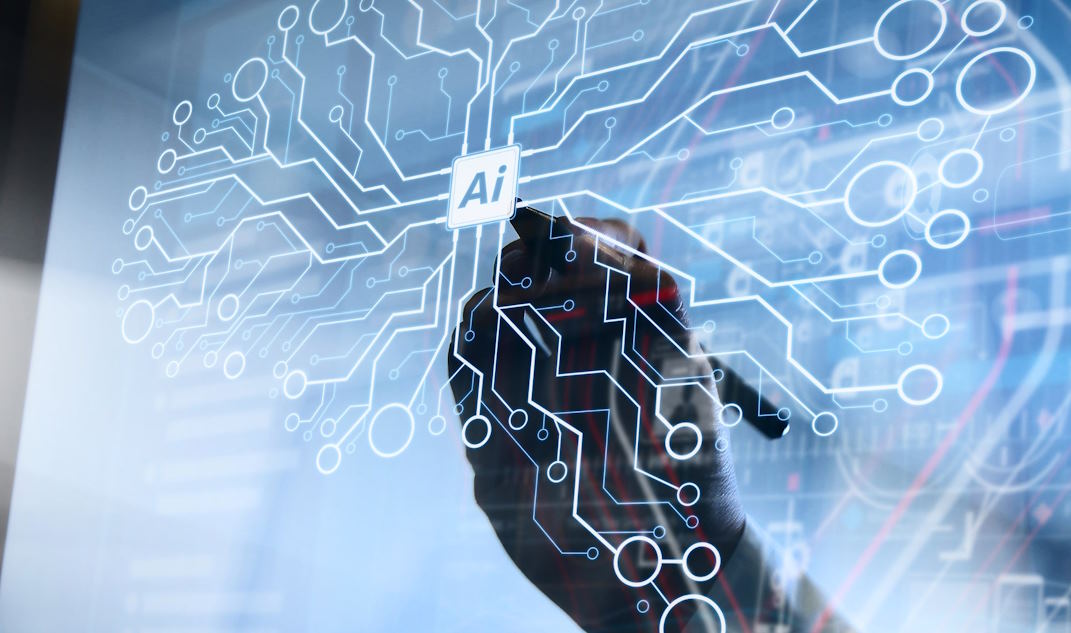In today’s rapidly evolving digital landscape, the integration of artificial intelligence (AI) and automation has become a game-changer for businesses across various industries. From enhancing operational efficiency to unlocking new opportunities, these technologies are reshaping the way organizations operate and compete. Staying ahead of the curve in the digital age requires a deep understanding of the latest tech trends and the ability to identify innovative business ideas that leverage the power of AI and automation.
Artificial Intelligence (AI) Trends
Rise of machine learning and deep learning algorithms
In the realm of business, the potential for leveraging AI-driven analytics platforms is immense. Organizations can harness the power of these platforms to gain valuable insights from large volumes of data, enabling data-driven decision-making and strategic planning. Moreover, personalized marketing solutions powered by AI can revolutionize customer targeting and engagement. By analyzing customer preferences, behaviors, and purchase history, businesses can create highly targeted marketing campaigns that deliver personalized experiences, ultimately driving customer satisfaction and increasing conversion rates.

Natural language processing (NLP) advancements
Advancements in natural language processing (NLP) have opened up new avenues for human-computer interaction. NLP techniques enable machines to understand and respond to human language, making voice assistants and chatbots indispensable tools for customer service and support.
In the business world, NLP-powered customer service platforms can provide round-the-clock assistance to customers, handling common inquiries, and resolving issues efficiently. By integrating chatbots into websites, businesses can offer immediate support, improve response times, and enhance overall customer experience. Additionally, virtual assistant services leveraging NLP can streamline administrative tasks, scheduling, and information retrieval, freeing up valuable time for employees to focus on more strategic and value-added activities.
Computer vision innovations
Computer vision, a branch of AI, focuses on enabling computers to interpret and understand visual information. Recent innovations in computer vision have unlocked a myriad of possibilities, particularly in object recognition and image analysis across various industries.
Businesses can benefit from AI-powered visual inspection systems that can accurately identify defects and anomalies in manufacturing processes, ensuring high-quality production and reducing waste. Additionally, computer vision technology can be harnessed in augmented reality solutions, offering immersive experiences to customers. For instance, businesses in the retail sector can develop virtual fitting rooms that allow customers to try on clothes virtually, enhancing the online shopping experience and reducing return rates.
Business Opportunities in AI and Automation
Identifying niche markets and unmet needs
One of the key business opportunities in the realm of AI and automation lies in identifying niche markets and addressing unmet needs. As technology continues to advance, new gaps and opportunities emerge that can be effectively filled through innovative AI and automation solutions. By conducting market research and understanding customer pain points, entrepreneurs can identify underserved industries or specific market segments where AI and automation can make a significant impact.
For example, the healthcare industry presents numerous opportunities for AI-driven solutions. From personalized medicine and remote patient monitoring to predictive analytics and robotic surgery, there is immense potential to revolutionize healthcare delivery and improve patient outcomes. By recognizing these niche markets and developing tailored AI-based products or services, businesses can establish themselves as pioneers in the field and gain a competitive advantage.

Collaboration with existing industries to enhance operations
Collaboration with existing industries is another avenue for business opportunities in AI and automation. Rather than solely focusing on creating standalone AI products, entrepreneurs can explore partnerships and collaborations with established industries to enhance their operations and deliver value-added services.
For instance, in the manufacturing sector, partnering with factories and production facilities can lead to the development of customized automation solutions. By understanding the specific needs and challenges of the industry, AI and automation can be leveraged to optimize manufacturing processes, improve efficiency, and reduce costs. This collaboration allows businesses to tap into existing infrastructures and expertise while providing innovative solutions that drive operational excellence.
Leveraging AI and automation for cost reduction and efficiency improvement
AI and automation have tremendous potential for cost reduction and efficiency improvement across various business functions. By automating repetitive and time-consuming tasks, companies can free up human resources to focus on more strategic and value-added activities.
For example, implementing AI-powered chatbots for customer service can significantly reduce the need for manual support, resulting in cost savings and improved response times. Similarly, automating supply chain management through AI algorithms can optimize inventory levels, streamline logistics, and reduce operational costs.
Moreover, AI-driven predictive analytics can help businesses make data-driven decisions, leading to more accurate demand forecasting, inventory management, and resource allocation. By leveraging the power of AI and automation to enhance efficiency and reduce costs, businesses can gain a competitive edge and increase their bottom line.
































